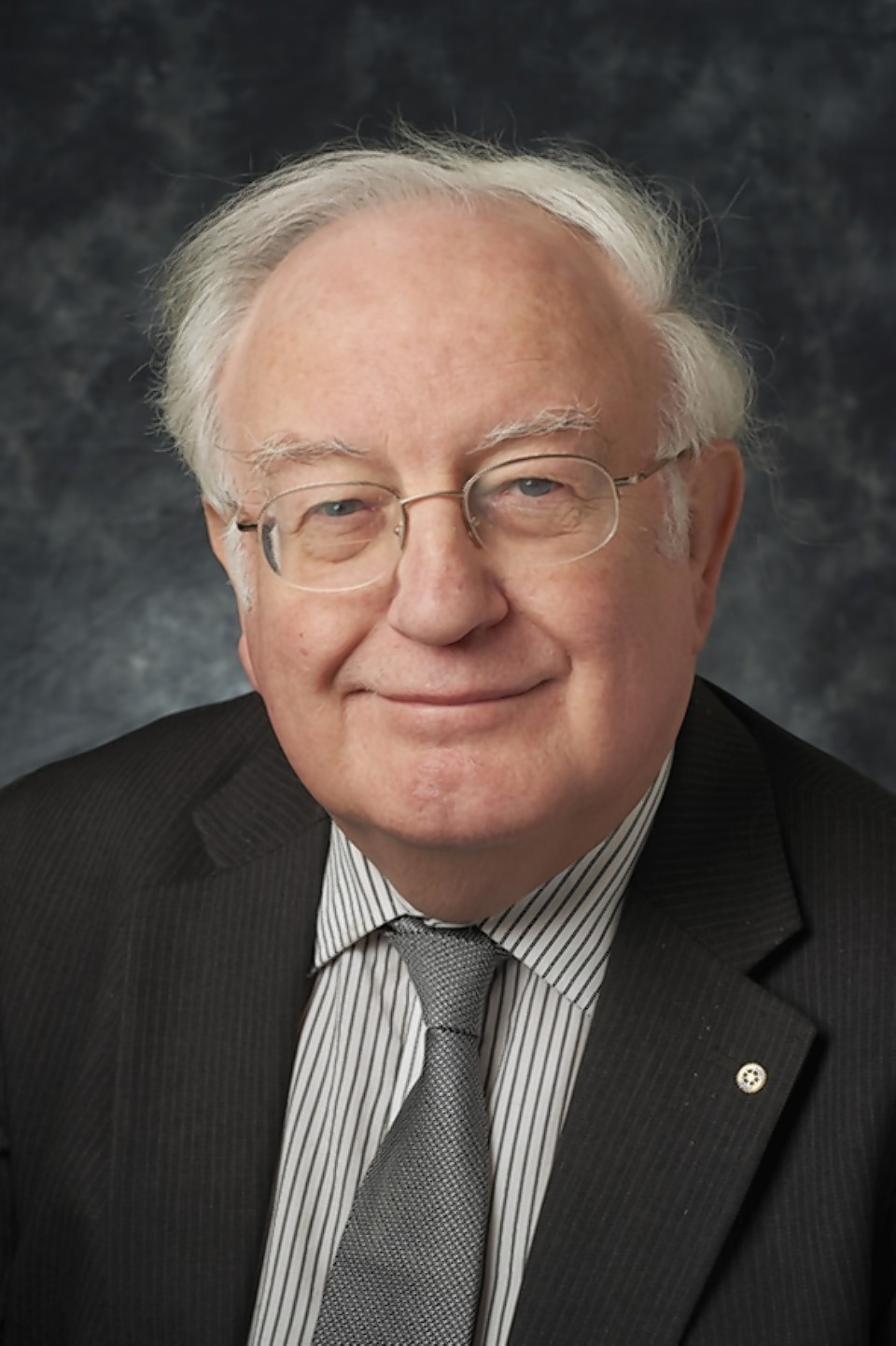A councillor and Inverness solicitor has urged Highland Council to take the Scottish Government to court over its “stranglehold” of the council tax freeze.
Liberal Democrat Ken MacLeod made his plea during a passionate debate in the wake of Finance Secretary John Swinney’s confirmation on Wednesday that the SNP policy would remain in place in 2016 – an election year.
Highland councillors yesterday debated a “depressing, desperate, dire and unprecedented” financial situation in which they must find an additional £40million-plus on top of £10million of savings already identified in order to balance next year’s books.
Non-SNP councillors roundly condemned the tax freeze policy, which has already been in place for eight years, and the Scottish Government’s other constraint of maintaining teacher numbers at all costs, saying the grant settlement was inadequate and such rules “leave our hands tied behind our backs”.
There was a growing sense that Highland may go it alone, break the tax accord and face the consequences of a hefty fine which it says it would soak up with a local tax increase.
Councillor MacLeod claimed the authority had been “prevented” from collecting sufficient tax because of the SNP’s long held “accord” with councils.
He told a full council meeting in Inverness: “It’s time someone challenged this in the way the John Muir Trust (wild land charity) challenged the Scottish Government over a (windfarm) planning decision.
“Is what the Scottish Government is doing properly within the framework of good government? I suggest we ask for leading counsel’s opinion on whether we can (legally) be squeezed in the way that we are being.
“We must be left to get on with our job, which is to look after the people of the Highlands.”
A spokeswoman for the Scottish Government said: “The Deputy First Minister announced a council tax freeze for a ninth consecutive year – a saving of £1,500 for the average band D household.
“We will now engage in consultation with local government over the terms and implementation of the local government finance settlement in advance of ‘stage three’ consideration in February.”
SNP councillor Bill Lobban castigated the council’s chief executive Steve Barron, saying it was “disgraceful” not to consult with members before sending an email to all staff and councillors moments after Mr Swinney’s budget speech.
This sought volunteers for redundancy and a shorter working week to help sort the authority’s financial crisis.
Mr Barron defended his response to the Holyrood statement, insisting it was an “operational matter.”
Updating councillors on revenue and capital accounts, Highland finance director Derek Yule spoke with heartfelt sadness that a man with a name associated with Christmas was having to deliver unprecedented bad news.
He warned that “lifeline services” would be “significantly hit,” adding: “This is not the sort of message I wanted to give. It is a desperate, desperate situation.”
Mr Yule said the 9% reduction in next year’s budget left little room for manoeuvre with teachers’ salaries, contractual obligations, school transport, IT contracts and borrowing commitments.
“Dire” was how resources chairman Bill Fernie described the envisaged 4.3% cut in Scottish Government grant.
Lib Dem group leader Alasdair Christie was applauded for claiming government constraints were effectively “attacks on the autonomy” of Highland Council.
He accused the SNP Government of “tying our hands behind our backs” by limiting the options for balancing the books. His view that the latest grant settlement was “not acceptable” was shared by Labour group leader Jimmy Gray and others.
SNP group leader Maxine Smith said it was time to move on from political “blame game” over council financing and work with sister authorities and trade unions to tackle the current crisis.
